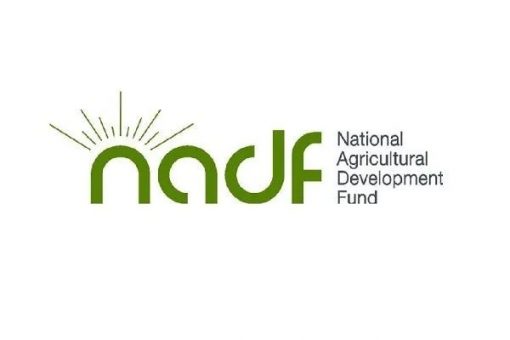The National Agricultural Development Fund (NADF) has partnered with the Cross River State Government to establish a subnational non-ISPO de-risking mechanism aimed at improving access to agricultural finance across the state.
The collaboration was discussed during a meeting at the Government House in Calabar, where NADF Executive Secretary, Mohammed Ibrahim, led a delegation alongside technical partners PROPCOM+, headed by Country Director Adiya Ode. The initiative seeks to reduce risks for financial institutions, enabling more smallholder farmers and agribusinesses to access much-needed funding.
Governor Bassey Otu welcomed the partnership, directing the State Ministry of Agriculture and Irrigation to form a technical committee. The committee will work with NADF and PROPCOM+ to adapt the de-risking framework to local realities and ensure alignment with the state’s agricultural priorities.
Ibrahim commended Cross River State for its proactive agricultural policies, highlighting the establishment of the Cross River State Agricultural Development Fund, which facilitates the commercialisation of agriculture and empowers MSMEs and smallholder farmers. He also praised the state’s Project Grow initiative, which targets agribusinesses and farmers across all 18 local government areas.
He added that the creation of an Institute for Agricultural Research (IAR) substation in the state underscores the government’s commitment to evidence-based agricultural development. “Such initiatives strengthen primary production and support sustainable farming practices,” he said.
The NADF Executive Secretary reaffirmed the agency’s commitment to collaborating with state governments to achieve President Bola Ahmed Tinubu’s Renewed Hope Agenda on food security and sovereignty. “The NADF remains determined to support initiatives that empower farmers, strengthen value chains, and promote sustainable agricultural transformation,” Ibrahim said.
Through this partnership, NADF and the Cross River Government aim to unlock new financing opportunities for farmers and agribusinesses, driving economic growth and improving livelihoods in the state.










